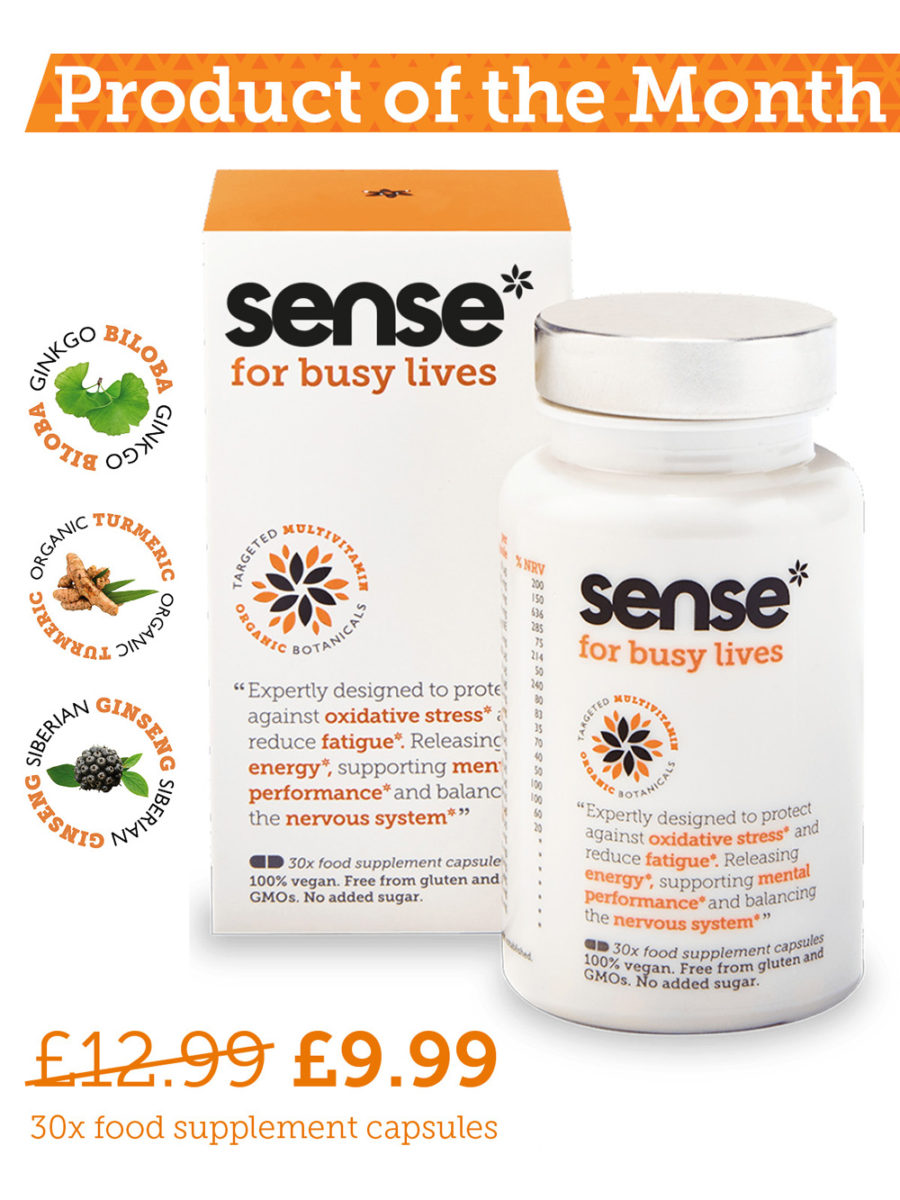
What do we know about the nutrition gap?
We know what we know or do we?
What a great philosophical question about nutrition. We should know what we know. That is probably the smallest slice of the knowledge cake. But does it extend to knowing about the nutrition gap?
For example, I know quite a lot how you set up a company.
We know that we don’t know some stuff
I also know that you need rules and regulations for specific reasons. But whilst I can tell you the reasons. I wouldn’t be able to recite for you the facts of the cases that provide these reasons. So I don’t know those facts and I know that I don’t know them.
Before I started on the sense* journey, I certainly didn’t know about the nutrition gap.
But what about stuff we don’t know exists
However, I really don’t know an awful lot about physics, in fact I know very little. But I have a good friend that is a physics fellow at a renowned University.
I know that he knows a lot about physics and within that knowledge are applications and theories that I simply don’t even know exist. Why would I?
I don’t even know some of the basic theories for GCSE or A level. How could I know what I don’t know in the field of quantum physics. I simply don’t.
Same goes for the nutrition gap. I had no idea that it existed. Not a clue until my focus onto health and nutrition changed.
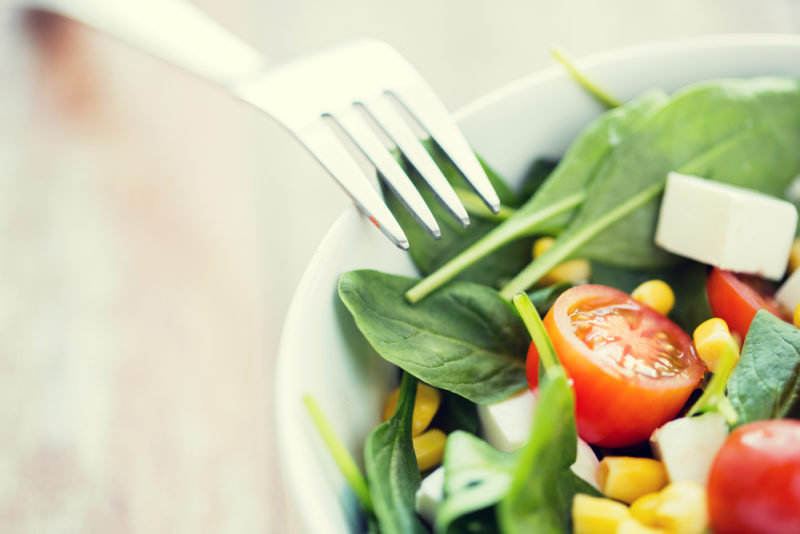
What does “Diet” mean?
I find that a lot of people are talking about food and nutrition these days. Various diets that you should follow. It is a pity that the word “diet” has been hijacked by the weight conscious. Using it to label the process by which we should not eat our normal food. Something different to lose weight by.
“Diet” actually means all of our normal food not just meals of low quantity and, often, low nutrition in order to lose weight.
I have never been able to eat small quantities of food so I have great sympathy for those that feel they must start a “diet”. They will most certainly have a big nutrition gap.
No-one needs a big nutrition gap
No-one really needs to embark on a “diet” of low quantity unless they are obese or under doctor’s orders.
Nobody should reduce their nutrition, quite the opposite as you will hear in this article. In such cases, the nutrition gap needs to be small, the nutrition taken in dense chunks so the quantity is kept to a minimum.
Losing weight
However, if you feel you need to “go on a diet” please read my article HERE on the 3 steps to take to lose weight. It is not complicated. But don’t make the nutrition gap any bigger.
You don’t need to change the quantities of food just the types and quality of the food. Harder said than done if you are addicted to sugar as many people are.
What do we need to know about nutrition?
So what do we not know about food and nutrition that would help us eat more healthily. To lead a more active and engaged life (and hit the right body weight for us)? Is this what you are after? More energy, less lethargy and fogginess and, of course less illness?
Reduce the nutrition gap for starters? If that means taking supplements, ask yourself and read Do you need to take supplements?
Diet and the immune system
Well the key to less illness is based to a large extent on getting the right nutrition so you don’t succumb to illness. Whether serious illness or merely, colds and flu. I don’t think I have had a cold or flu for 3 or more years now. That is because of the change in diet, lifestyle and other things that I have put in place such as minimum sleeping hours. Reducing toxins for example, taking supplements. Do you need to take a food supplements? You do need to think about yourself. And listen to your body.

The knowledge Gap About Food
So back to food. How important is food in our lives? Well, it is important that what we eat is good for us but also that it looks good too. A feast for the eyes,for the taste buds as well as for our insides. All go together.
Are your taste buds winning?
Problem is that the pendulum has swung far too far to one side. To the side of “taste buds” and “eyes” than to the side that is good for our insides and ultimately our health.
Most food companies in particular focus on making food that is for our eyes or our taste buds. And not aimed at providing us with what we need to be healthy, active or less lethargic.
Is it surprising that health is out of the window?
But rather than satisfying our taste buds first then looking good too but finally being healthy. They don’t care about how their “food” is going to affect our insides. Not really because it is all about the dollar or pounds sterling.
The same (and perhaps more so) goes for drinks companies, whether soft drinks or alcoholic drinks. The idea is not to nourish or enhance our nutrition but to endear their drinks to a fraction of our body namely the taste buds.
Why have we let food companies fool us all?
We are led by our taste buds for good reason but this fact has been unscrupulously exploited by big food and drink companies across the globe.
In a sophisticated corporate world where every ingredient is available, food and drink companies are only interested with making huge profit.
Media companies must be fit for purpose and operated by fit and proper people. It seems taxi companies must also be run by fit and proper persons (see Uber recently).
But any ‘ole Joe can operate a food company if minimum standards are met.

So why do our taste buds rule our brains so easily? Why is sugar so pleasing on one level and so destructive on another level? Why do we feel the need to eat sweet things to the extent that low fat yogurt can be crammed with more than 6 grams of sugar or the same as a Mars bar?
Are we stupid or just asleep at the wheel?
The reasons lie in the way our ancestors would live and eat. Remember, our bodies and digestive systems evolved over millions of years.
From the time that mammals first walked or crawled the Earth, various different types of fruit, nuts, seeds and vegetation were available. Fruits and other foods high in sugar, were only available occasionally though.
Perhaps it goes deeper than this
So when they did appear we developed an instinct for gorging on these foods to build up reserves of energy and fructose to keep us warm for colder and leaner times.
This gives a clue about why food and drink companies now focus almost exclusively on making foods sweet. It is pure exploitation of a trigger that not only satisfies a gorging instinct but also gives us a sense of well-being because of the chemicals it releases in the brain. Bingo!
It is all smoke and mirrors
Take chocolate, for example. Cacao is the substance that today’s chocolate is derived from. The food of the Gods, as labelled by the Aztecs. It was so valuable that it was even used as currency. But not because of its sweetness but because of its richness and how good it is for you.
Chocolate isn’t chocolate
But food companies have turned this substance into something that is unrecognisable from the original. They have replaced the majority if not all of the cacao, now using a processed version, cocoa. Turning it into something that couldn’t be further from the cacao solids that the Aztecs worshipped.
Now “chocolate” is a sweet, milky substance formed of vegetable oil that is sold by the likes of Cadbury’s or Nestle. It has minimum cocoa and no cacao content.
Dark chocolate is real chocolate (over 85%)
Luckily, you can now buy something close to the Aztec form from artisan manufacturers. Even Green & Blacks produce 85% cocoa based bars which is great. But it is worth focusing on the stuff that makes up the 15% too.
I love cacao, having it in cacao drinks and coconut slices, delicious! And I don’t think I have touched milk chocolate for a very long time. But like all things it can come with a warning on over-consumption. Beware the amount of saturated fats consumed!
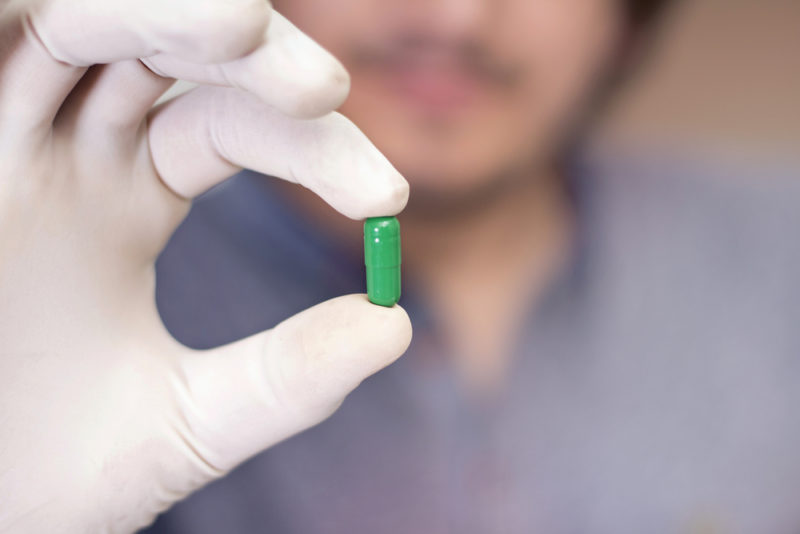
Bread isn’t really bread, sugar isn’t really sugar
So the first thing to impart about food, is nothing is what it seems to be. Chocolate isn’t really chocolate, Bread isn’t really bread (certainly not the white or brown fluffy stuff you see in supermarkets). Sugar isn’t really sugar that you are supposed to eat. That is the natural and unprocessed version of sugar. Rather it is a processed version which is cheap and aimed purely at your taste buds and nothing else.
But what else is going on?
Plenty of tricks are being used by food and drinks companies to fool us or to fool our taste buds into thinking something is good for us. But surely all the food we eat is passed as edible by the Food Standards Authority so how can it be bad for us? That’s a good question.
How can food be bad?
It is true that anything classed as a food has to pass testing. However, so do drugs. In fact, clinical trials are used by the pharmaceutical companies to test whether drugs are fit for human consumption. We all know of instances where drugs have been passed as fit for humans but the long term effects have not been known.
How can drugs be bad?
There are many cases of drugs subsequently been pulled off the market amid claims of affecting unborn babies. The most famous being the thalidomide drug for morning sickness in the 60s and 70s. Thousands of babies were born with tiny arms and legs.
Only last week a news report came up of 10,000 babies being born with autism and severe learning disabilities because of a drug that was prescribed for mothers suffering from epilepsy. That drug had been approved. So testing is fallible.
Food testing is less stringent
Similarly with the Food Standards Authority, but even more so perhaps. Ever heard of a bacon, double cheeseburger being banned for being unhealthy? We all know that it is unhealthy. We know that it has been engineered using millions of research dollars to attract and convince us that it is a great food choice. Do you get my point?

Not only is testing fallible, it doesn’t involve the long term effects that drugs or food may have on the human body including the digestive system. The digestive system is far more important to our well-being than most people realise.
Our insides are important, starting with gut health
When we are conceived and the first embryonic growth occurs, the human form is made up of 3 tubes….that’s it! These 3 tubes proceed to grow into the 3 systems without which there would be no life:
Tube 1 = the nervous system. The brain, spinal cord etc so pretty important.
Tube 2 = the respiratory system. So the heart and lungs….so equally important, you would think.
Tube 3 = the digestive system. Stomach, intestines etc to provide the nutrition and energy to power the other 2 systems.
Without our digestive system no life would flourish. Humans die without water for 2 or 3 days and whilst we last a bit longer without food but not much.
So we should really be careful what we put into our bodies. But generally most of us are not!
Is that really our fault or should we really be blaming the food and drink manufacturers and the supermarkets who stock their goods?
The Rubbish in Supermarket Food
If I visit a supermarket today, I ignore practically 90% of what is on the shelves. My diet is made up of non-processed food, fresh fruit and vegetables and fresh non farmed fish.
Also the odd non farmed processed fish such as tinned sardines, roll-mop herrings or crab. Occasionally, I will buy salads which are non PC and contain mayonnaise or similar.
But these are few and far between. I eat goat’s and sheep’s cheese and I buy almond milk and coconut water. But other than 85% and above chocolate (see above) and some canned veggies e.g. artichokes, beans, tomataoes not a great deal of any processed food gets a look in.
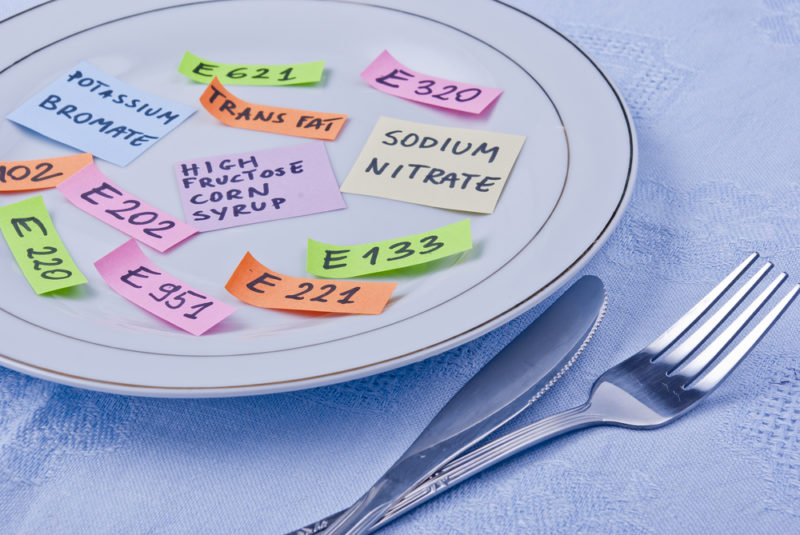
So why do I swerve 90% of food on offer in supermarkets, what is wrong with it? Here are some of the issues:
Sugar (see above) is a major issue
Constant bombardment with sugar damages the linings of stomach and gut. It also spikes glucose and insulin levels causing diabetes.
Additives is also a major issue
Preservatives, colourings, flavourings are nearly all man made and synthetic. Contained in processed food, all of which will damage the stomach and gut linings if taken constantly over time, if not worse (See coming blog post on additives).
Gluten and grains
Whilst not inherently bad for you, if taken daily and heaped on top of sugar and synthetic additives, will became a major irritant.and contribute to damage to your stomach and gut linings. They also have specific affects on certain diseases such as multiple sclerosis/other auto-immune disease.
Dairy
Some people are lactose intolerant but the rest of us should not be having cow’s milk or products every day. We were not meant to do this and it will over time catch up with us.
GMO crops
No-one really knows the full extent of the GMO foodstuffs in our food chain and the long term effect on our bodies.
Industrial Farming
Whether involving cows or fish or fruit and vegetables, there are a whole host of reasons to avoid mass produced food. Pesticides, soil degradation, polishing, long shelf life etc, all of which I have highlighted in past articles (see here).
So What? I know all of this and I eat healthily (most of the time)
Firstly, most people will think in a way that is linked to the “group”.
Group mentality
Group mentality is a very strong influence on the way humans behave. We are quite lazy and will much prefer someone who looks more qualified than us to make an important decision.
Group mentality can be seen in various guises from the tribal effects of football fans to buying decisions of the fashion conscious.
Food is no different, if we see it on a supermarket shelf, we immediately think that it is safe.
Power of advertising
We are then encouraged by advertising showing other “normal” people enjoying it and hear of friends and family doing likewise, it becomes ingrained.
It must be both safe and potentially life or lifestyle enhancing. Think of how cigarette advertising was used in the 50s and 60s to both attract and keep smokers.
Making them think it was a cool, outdoors and pretty much a healthy thing to do.
Sweet things are good
Sweets and treats have similar cognitive reactions. Children are brought up to believe that milk chocolates and sweets are treats that they get when they are either well behaved or on special occasions.
Advertising reinforces this so when consuming the sweets or chocolates, we get a false high associated with gorging (see above). Or we convince ourselves that we deserve them and reward ourselves with extra dopamine or noradrenaline (chemicals for well-being in the brain).
Make healthy treats good
If pure cacao or a raspberry smoothie was put onto a pedestal for children instead of sweets and fake milk “chocolates”, it is likely we would go into adulthood with a much greater resistance to the rubbish on offer on the shelves of supermarkets.
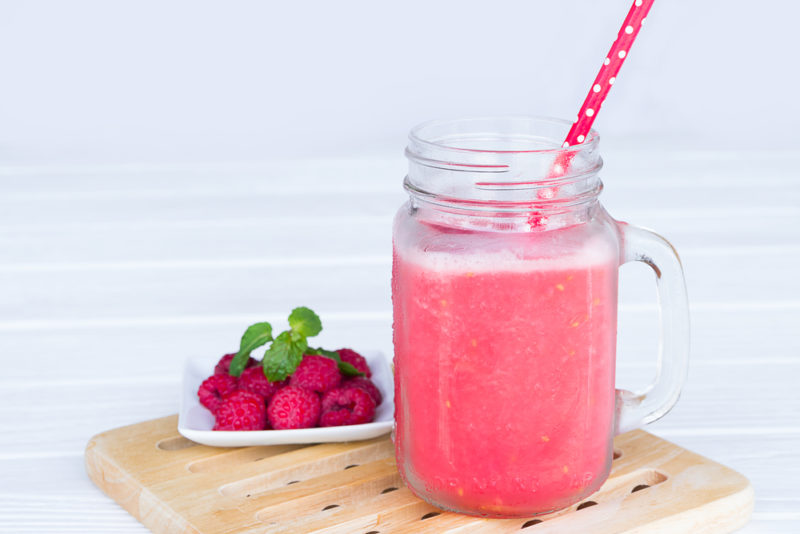
…and finally look at the Bad Stuff
However, what most people don’t take into account, I know that I didn’t, was that having only one eye on the healthy option isn’t always good enough.
I was well trained by my mother to not eat white bread, to avoid fatty and fried foods and to keep the processed foods to a minimum. However, whilst I had one eye on the healthy option, I figured I could live large whenever I went out. That meant an ever widening Nutrition Gap.
So I drank alcohol to excess and had no trouble eating (bad) chocolates, dessert and cheese all at one sitting. This meant that as my work became more focused on client entertainment, my exercise regime went out of the window and my food intake became increasingly bad for me. I needed the Nutrition Gap to get back on track.
Restaurants
Restaurant food is much worse for you than food cooked at home. It has far more salt, far more sugar and far more fatty/fried elements than home cooked food.
So if you eat out a lot, you really need to stipulate in detail your requirements. After all, the whole point is that they are cooking for you, not simply dishing up food of their choice.
Of course, this doesn’t work in some more low key places but generally if you tell them in advance or as soon as the menus arrive. Dressed up as an allergy, most people will comply and be helpful. Some even welcome it.
My point is that, it is equally important to make sure you are keeping the bad stuff to an absolute minimum. Even more than it is to make sure you get all the good stuff into your diet.
It is the bad stuff that will do you damage in the long term so if you know what the bad stuff is, that is the starting point.
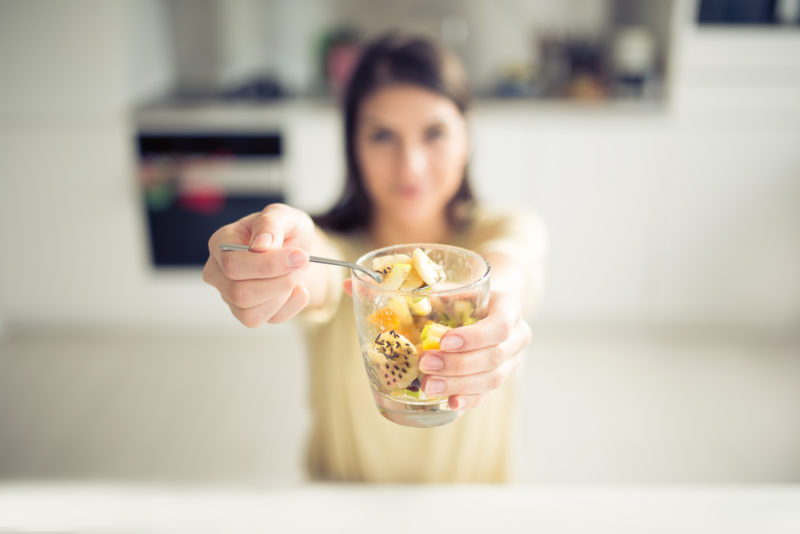
How big is your Nutrition Gap?
After hearing all about how our dietary intake is made up. How confident are you that you are eating the right things?
Is your intake mainly non processed food? Or are you buying not only processed foods but high sugar, poor carbohydrate and foods containing highly refined materials?
When you buy food try housing processed food and non processed food in a different cupboard or shelf in the fridge. What are the percentages?
If non Processed food v Processed food is more than 80% – you are doing alright.
If non Processed food v Processed food is about 50% – it is not great, you are treading water and need nutritional help. Put alcohol on top and you are going the wrong way down.
Processed food is greater that 70% – terrible, you are likely to be killing yourself slowly.
The Nutrition Gap = Non processed food minus processed food. If non processed food is 100% that is where you need to get to. Anything less than this and you need to be careful.
How to take care? You need to work out how to minimise the effects of processed food or replace it. Some ideas below. Be healthy….health sense*…makes sense*
- Don’t drink alcohol more than two nights on the trot. Also take these to minimise damage to your insides:
sense* for a night out – product page or in depth article
- Try not to eat a processed meal twice on the trot and take these if you have gut issues:
sense* for gut health – product page or in depth article
- Don’t touch sugary drinks, there is no need.
- If you eat rubbish then make sure your next meal is really good
- Top up your nutrition based on what your needs are with supplements or organic foodstuffs.
- Work out what this might be from our home page or the following product pages:
sense* for busy lives – product page or in depth article
sense* for joint & bone – product page or in depth article

